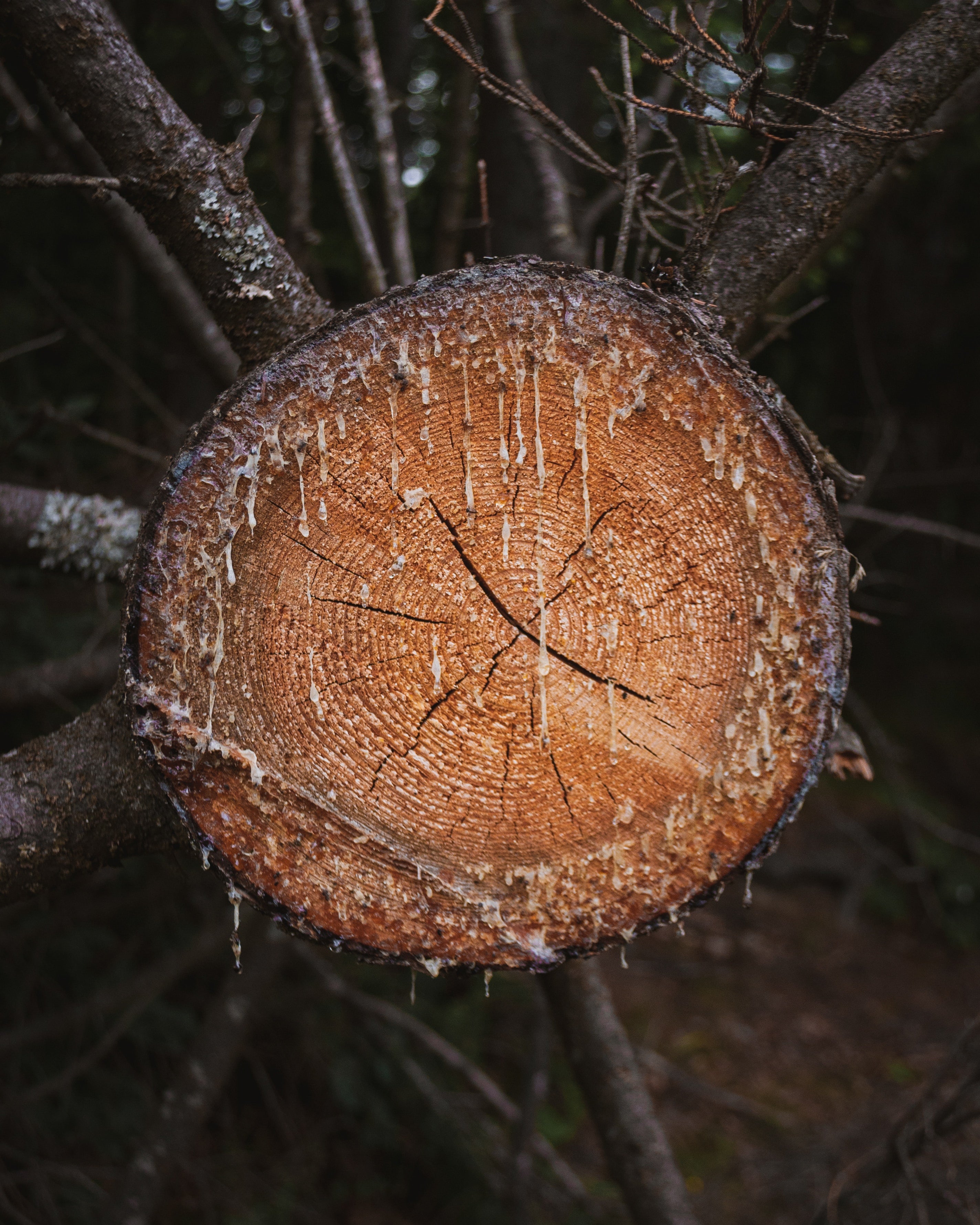Violin rosin, also known as Bow rosin, which can be specified to Violin Rosin, is a substance used by violinists to enhance the grip and friction between the bow hair and the strings of the violin. It is a solid, sticky resin derived from various tree species, such as pine or spruce. Rosin is applied directly to the surface of the bow hair by rubbing it on. This application allows friction to be generated between string and bow hair, causing the bow to grip the strings and produce sound.
What is Violin Rosin Made of?
Violin rosin is typically made from tree resins, commonly sourced from coniferous trees such as pine, spruce, or fir. These resins undergo a process of extraction and refinement to produce the rosin used by violinists. Different tree species and refining methods can result in variations in the stickiness and tone of the rosinWhat is Violin Rosin used for?
The purpose of using rosin is to improve the bow's traction on the strings, enabling the musician to produce clear and resonant tones. When the bow is drawn across the strings, the friction generated by the rosin causes the strings to vibrate, resulting in sound production. Without rosin, the bow would slide over the strings without producing any noticeable sound.Violin Rosin Types
Different types and grades of rosin are available, offering variations in stickiness and tone production. Violinists often choose rosin based on their personal preferences and the specific characteristics they seek in their sound. Factors such as climate and humidity can also influence the choice of rosin, as certain types may perform better in different environmental conditions.Violin Rosin Application
Regular application of rosin is necessary to maintain an optimal level of friction between the bow hair and the strings. Over time, as the rosin on the bow wears off, it needs to be replenished by applying more rosin. However, excessive rosin buildup can negatively affect the sound quality, requiring periodic cleaning to remove the excess residue. In summary, violin rosin is a crucial accessory for violinists. It enhances the grip and friction between the bow and the strings, allowing for the production of clear and resonant sounds. Choosing the right type and applying rosin regularly ensures optimal performance and tone quality for violin playing.
Article written by Erica Garcia



Leave a comment